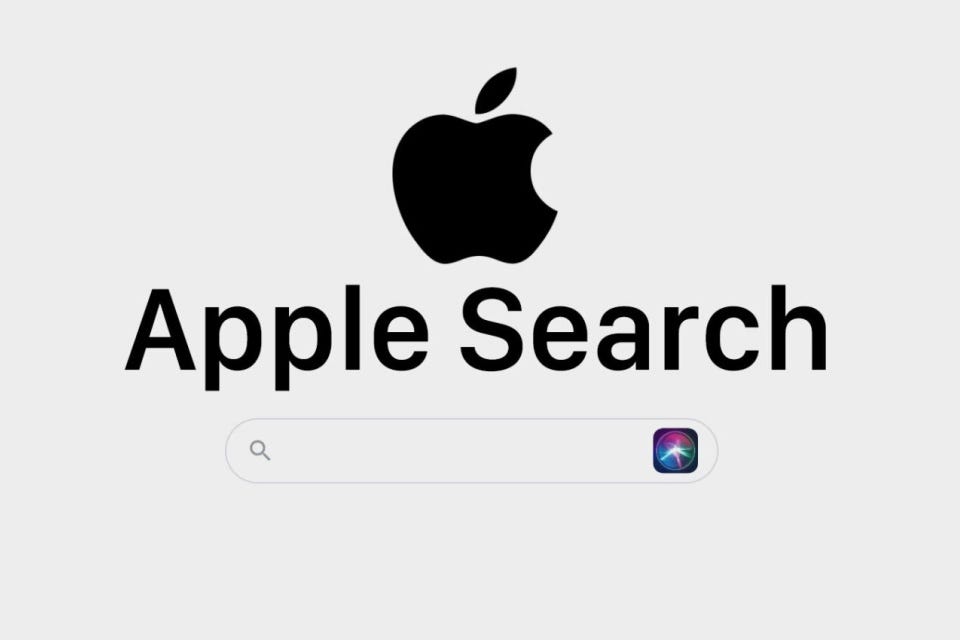It won’t be possible for Apple to compete directly with Google in search right away. However, isn’t it trying? For a corporation recognised more for its superbly designed products, this is the interesting move. The response to “why now?” is as fascinating.
This relates to the antitrust investigation by the DOJ into Google that I looked at last week. The $8 to $12 billion that Google pays to Apple annually is at the crux of the US Department of Justice’s (DOJ) case. For the privilege of serving as the iPhone’s default search engine, Google pays that sum. Without a doubt, Apple was already attempting to separate from Google before this became public.
Apple makes wonderful money from Google, but it also becomes dependent on Google.
Don’t forget to compare “Hey Siri” to “OK Google” as Siri will require its own information source. If not, it will continuously give Google, its rival, data to train.
Apple won’t be able to easily cut ties with Google without a doubt. But Apple has a history of developing its own technology. The most recent announcement from Apple was that it would stop utilising Intel chips and integrate all of its devices, including the Mac, MacBook, iPhone, and iPad, using a single set of software and development tools. Where there is a will, there is a way (and nearly $200 billion in the bank).
Before Apple can create a search engine that is even remotely usable, a considerable period will pass. Consider the difficulty of locating the talent necessary to create a workable substitute.
Nearly 114,000 employees are currently employed at Google. I have no doubt that not all of them are engaged in search. Let’s imagine that 5% of people work directly for the Google search engine. About 6,000 individuals, in all.
In order to construct its search engine, Apple will hire a lot of Google employees. But doing so entails danger. Apple must exercise caution to avoid becoming, like Uber, the target of a Google information theft lawsuit.
